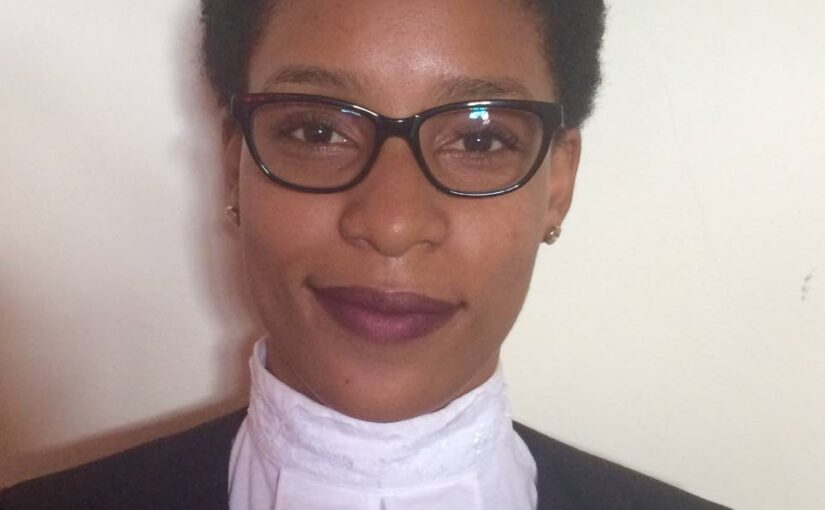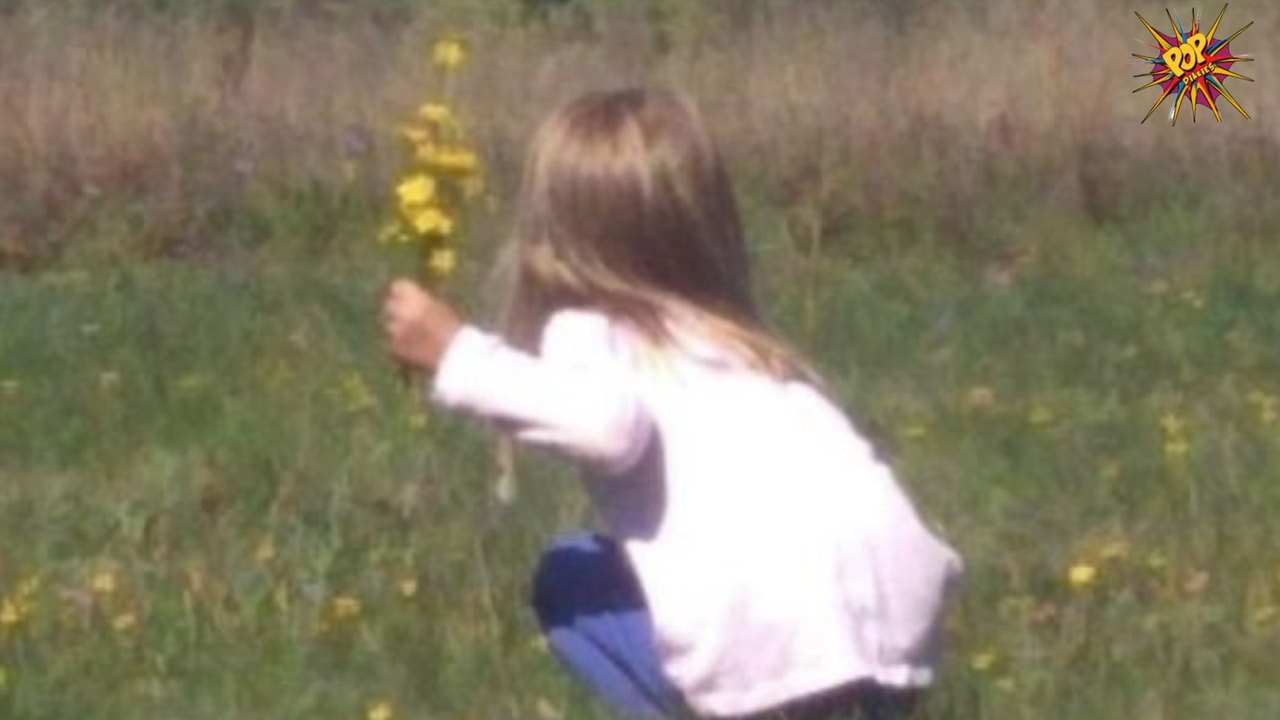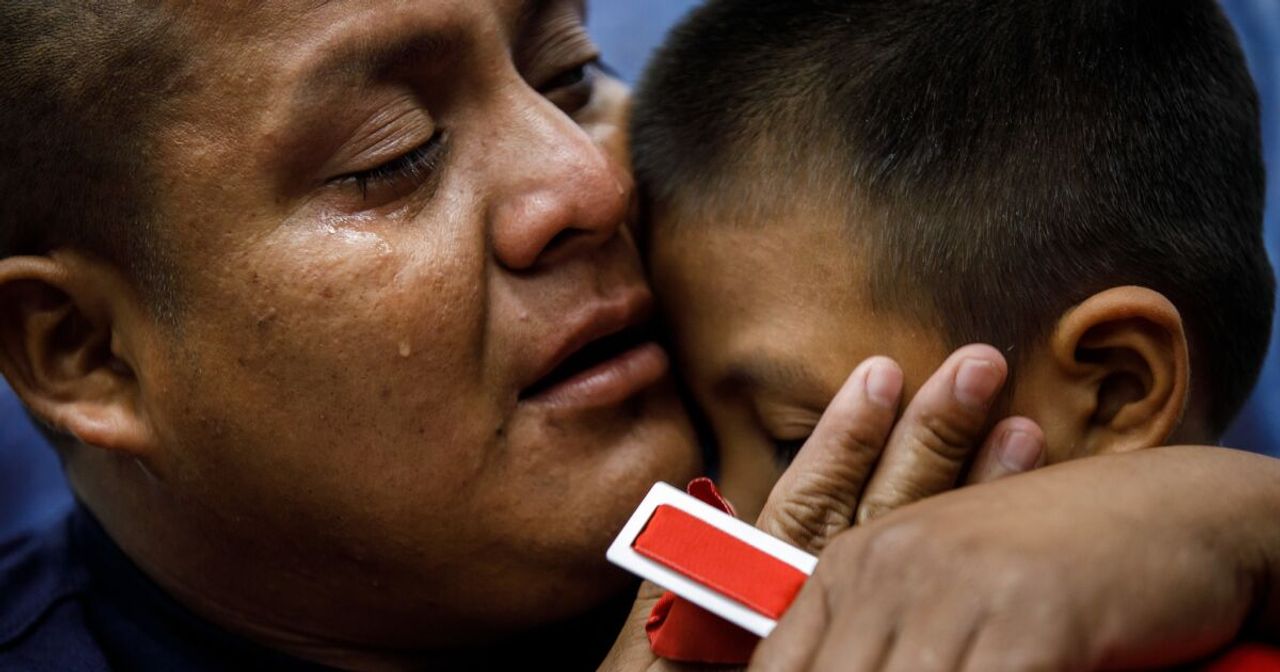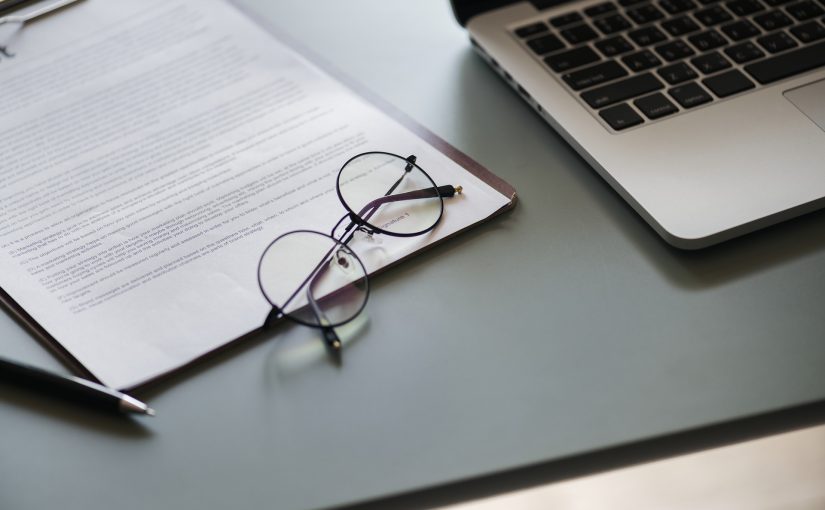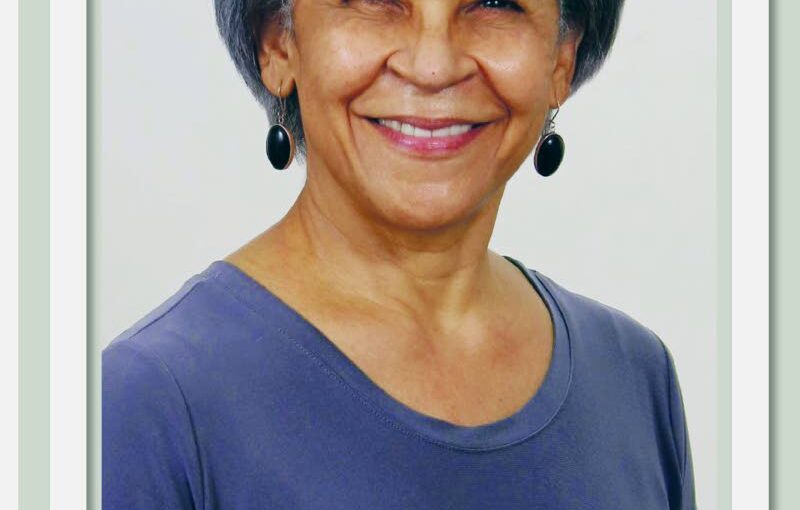Staying positive and maintaining a smile through the gloomy days of life can be incredibly challenging, yet it is essential for emotional resilience...
Vous n'êtes pas connecté
- English
- Français
- عربي
- Español
- Deutsch
- Português
- русский язык
- Català
- Italiano
- Nederlands, Vlaams
- Norsk
- فارسی
- বাংলা
- اردو
- Azərbaycan dili
- Bahasa Indonesia
- Հայերեն
- Ελληνικά
- Bosanski jezik
- українська мова
- Íslenska
- Türkmen, Түркмен
- Türkçe
- Shqip
- Eesti keel
- magyar
- Қазақ тілі
- Kalaallisut ; kalaallit oqaasii
- Lietuvių kalba
- Latviešu valoda
- македонски јазик
- Монгол
- Bahasa Melayu ; بهاس ملايو
- ဗမာစာ
- Slovenščina
- тоҷикӣ ; toğikī ; تاجیکی
- ไทย
- O'zbek ; Ўзбек ; أۇزبېك
- Tiếng Việt
- ភាសាខ្មែរ
- རྫོང་ཁ
- Soomaaliga ; af Soomaali
Rubriques :
 Maroc - NEWSDAY.CO.TT - A la Une - 24/Jul 08:58
Maroc - NEWSDAY.CO.TT - A la Une - 24/Jul 08:58
The corner of courage: Crying – NOT a sign of weakness
Kanisa George "WHAT yah crying for?" This is a question I've heard far too many times during my childhood and one I'm never too meek to answer as an adult. I have always been a crier, and the possibility of me heading into the next realm as a weeping, sobbing participant is pretty high. Crying, while uncontrollable at best, has always been a cathartic experience for me and not one I readily shy away from. With the exception of childhood bouts of sadness and emotional crying, most adults I know associate crying with weakness, volatility and something that must be done only in extreme circumstances, in the presence of privacy. Men, in particular, who are somehow naturally apt at rejecting emotional exchanges, are, for lack of a better word, allergic to tears. Whether the emotion centre of a man's brain has been altered to dispel tears or the systematic belief structure that teaches men ought to appear stolid even when faced with adversity, transient emotions synonymous with "weakness" have no place in a man's arsenal. Even so, men aren't the only ones who fail in the crying arena. Some women also find it difficult to confront their sadness and embrace the free flow of emotions. The fear of tears is no longer a narrative restricted by gender (though more endemic in males); for both men and women alike, fear the vulnerability that adjoins sadness and crying. Emotions like sadness and anger are transient, coursing through us momentarily at high speeds, accompanied by turbulent winds. One writer defines emotions as fleeting, natural energies that move through us, arising when necessary and leaving just as effortlessly if we allow them to. But instead of allowing our emotions to exist naturally, moving where they lead us within reasonable limits, we cower in the wake of their reach and banish them as quickly as we can. Most of us have been conditioned from a very young age to fear our emotions. Notably, we learn to suppress our sadness, fight our tears, and, most instructively, hide them from others and ourselves. One writer posits that the stigma attached to crying is furthered by the idea that because we can sometimes exert a bit of control over our tears, any display of crying or tears outside the context of a handful of "appropriate" settings is an indication of some emotional imbalance rather than a completely normal response to a complicated emotion. This approach does not bode well for long-term well-being, as it can severely impact physical and emotional health and one's ability to stand in one's truth. As much as we try to avoid crying, emotional tears arise from intense feelings and can be triggered by empathy, compassion, sadness, physical pain, and moral and sentimental pain. I think what's lost on most of us, or perhaps what we're most afraid of, is that our emotions openly communicate how we feel to others. And there's something in us that isn't settled with being vulnerable or giving access to our most authentic selves. It might be our misgivings of others or fear that our vulnerabilities will be used against us. While plausible concerns, being held hostage by our emotions isn't a healthy alternative. Yes, emotional tears make you feel more vulnerable. But this vulnerability can improve your relationships and provide a bridge connecting you to others, whether out of grief, love, or passion. Scientific evidence provides that emotional tears contain stress-releasing hormones and natural painkillers. They provide self-soothing relief that activates our parasympathetic nervous system, which has a calming effect, and they trigger our brains to release feel-good chemicals like oxytocin. The endorphins released are natural painkillers that can help to reduce physical and emotional pain. So, in a way, crying serves as a comforting embrace in times of distress. Crying serves a therapeutic role. It tends to make you feel better and is an important part of the healing process. But it also has a profound impact on our relationships. Crying can reduce interpersonal aggression by signalling to others that we are not a threat and are willing to be vulnerable. It's a powerful tool for fostering empathy and understanding in our interactions with others. In general, our relationship with crying isn't positive, and we fail to accept that crying is one of the most human things we can do. It's a natural response to intense emotions, a release valve for our feelings. Think about it: the first thing we did when we entered this world was cry, and some of us have done all that we could thereafter to ferociously suppress the desire to cry. It's time to embrace our tears as a natural part of our emotional landscape. For scientists, crying visible tears is as much social as it is emotional, so much so that the mirror neurons in our brains are hardwired to react to another person's display of emotions in the same way they would if we were experiencing that emotion ourselves. In essence, it makes us relatable, and far more than that, it makes the journey a bit easier to bear. Of course, there is an exception to this rule, for uncontrollable crying that happens frequently and interferes with your life and relationships may be a sign of something deeper that may require professional help. But for everyone else, instead of being led by the, "what yah crying for," narrative that restricts your ability to express yourselves, contemplate upon your relationship with yourselves and your willingness to release emotional tears. The post The corner of courage: Crying – NOT a sign of weakness appeared first on Trinidad and Tobago Newsday.
Articles similaires
Sadness in Marabella as Carrat Shed closes
THE permanent closure of Carrat Shed on September 1 will mark the end of an era in Marabella. To the people of Marabella, Carrat Shed was never just...
Japanese Son Reunites with Indian Father After 19 Years: Watch the Emotional Moment
In an age dominated by digital connections and globalization, the human experience remains deeply rooted in family, love, and the intricate bonds that...
We are family
THE EDITOR: As our twin-island state continues to boast of our social, economic, cultural and spiritual achievements especially on Independence Day,...
We No Longer Ponder The Good Life – OpEd
Last night I went out with friends and had a wonderful conversation about what constitutes the “Good Life.” This came on the heels of a marathon...
The coat of arms debate
QUERULOUS chatter about the changing of the coat of arms rumbles on. Removing the famous three ships and replacing them with the steelpan divides...
Building schools for our future
Dara E Healy What shall be the legacy that we leave behind Will there be follies and fallacies To deceive their minds Will we give them...
Building schools for our future
Dara E Healy What shall be the legacy that we leave behind Will there be follies and fallacies To deceive their minds Will we give them...
Big tent, small centre
Here in British Columbia—the West of the West, where West and true East meet in North America—we sometimes tend to look more toward the...
Independence and duty
THE EDITOR: Speaking to a youth rally on the eve of independence in 1962, the first prime minister focused on the responsibility that comes with...
Les derniers communiqués
-
Aucun élément
